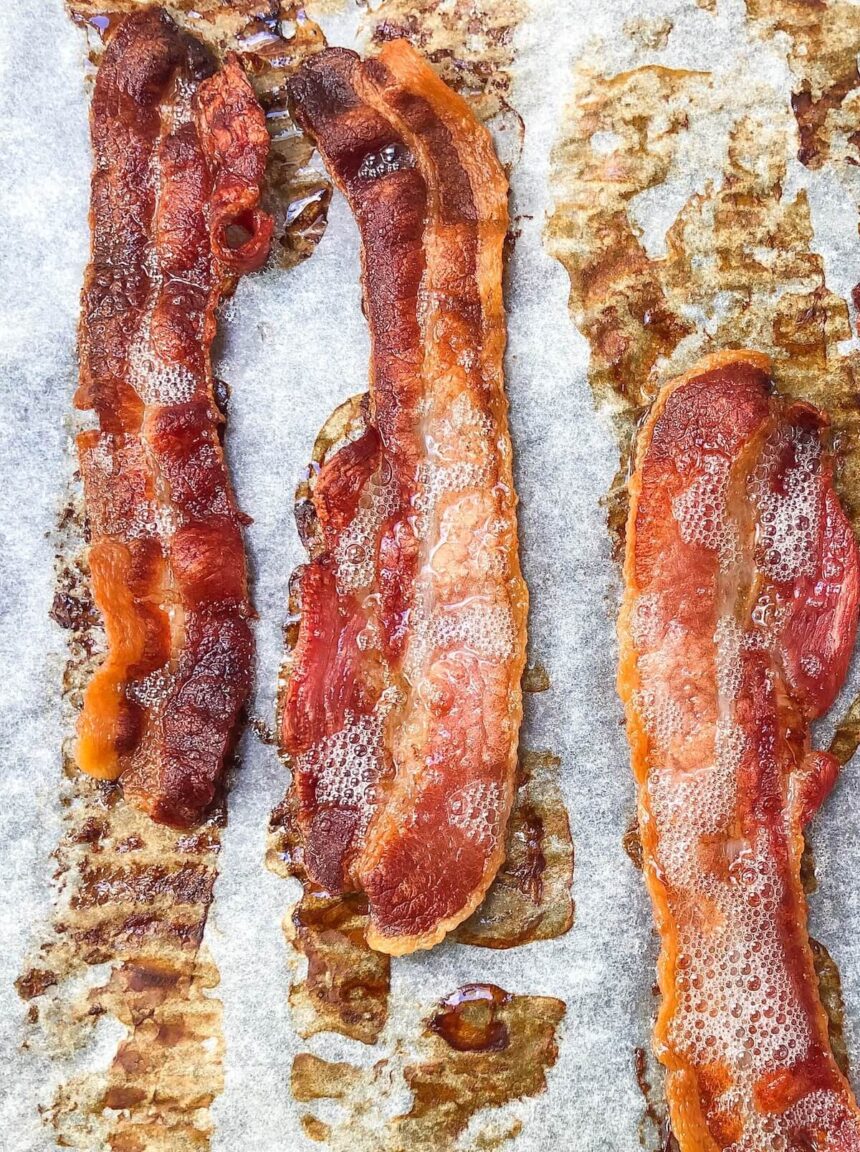Normally, when you hear the word “cholesterol”, it usually has a lot of negative connotations, right? You have to lower it, it is bad, it causes heart disease, etc. But there’s so much more to this building block, and it’s something we shouldn’t just avoid completely.
So, if you’re one of those people who run in the opposite direction when it comes to cholesterol, keep reading. Not only is it safe, but necessary for a healthy, thriving body.
What Is Cholesterol?
According to the National Heart, Lung, and Blood Institute, “cholesterol is a waxy, fat-like substance that’s found in all cells of the body.”
Cholesterol is something that travels throughout your blood, and it’s transported by lipoproteins. Lipoproteins are basically little bundles. On the outside, there’s protein. On the inside, there’s the fat. Cholesterol catches a ride with these lipoproteins.
HDK vs LDL Cholesterol
Most of us have been taught that there are two types of cholesterol. Have you heard of HDL and LDL cholesterol but are not sure what any of it means? Here’s a simple explanation.
HDL cholesterol stands for High-Density Lipoproteins. These bundles collect cholesterol throughout the body and carry it to the liver, which then helps to remove it from your body.
LDL cholesterol stands for Low-Density Lipoproteins. These bundles can remain in the bloodstream, leading to build-up, known as plaque. If this continues to collect and sit in the bloodstream, it can increase the possibility of a stroke or heart attack.
HDL is typically considered the “good” cholesterol, whereas LDL is the type we’re told to avoid. But even this needs to be questioned, because as this study shows, some LDL doesn’t contribute to heart disease, and it’s okay to have these types in your bloodstream, too.
But if you noticed in these explanations, we’re talking about lipoproteins. And a lipoprotein is basically fat and protein particles that come together.
As Dr. Ron Rosedale, MD explains, cholesterol merely attaches itself to either the high-density lipoproteins or the low-density lipoproteins so that it can be carried around your body via your bloodstream.
Where Does Cholesterol Come From?
Most of us are taught that cholesterol comes from your diet, and while it’s true that certain foods contain cholesterol, it’s your own liver that produces about three-quarters of your body’s cholesterol levels.
A study published in the Journal of Nutrition found that adults who consumed regular amounts of high-cholesterol foods did not exhibit high levels. This may be because of your genetics and/or heredity are more important factors when it comes to the levels.
Since your body actually produces it, it’s reasonable to conclude that it’s something your body actually needs. How does it support a healthy, thriving body? Let’s find out.
What Does Cholesterol Do?
As we already learned, cholesterol exists within every cell in the human body. So, how does it fit in?
Firstly, all of your cells need it to interact with one another. It has also important work to do on the outside of the cell (within the cell membranes) and on the inside of the cell (in the protein within each cell).
Cholesterol helps to regulate the pathways of protein as well as the processes that occur in the cells themselves. It also plays a crucial role in the central nervous system, your hormones, as well as your neurotransmitters.
We’re all told that we need to have healthy levels of vitamin D, not only for our physical health but also for our mental and emotional well-being.
Well, even if you eat foods high in vitamin D, and get lots of sunshine, without cholesterol, your body simply can’t synthesize this necessary nutrient.
In short, cellular function and processes just wouldn’t be the same without this fatty, waxy substance.
What Causes High Cholesterol?
Chronic inflammation within the body sends a signal to your liver. What does this signal say? Produce more cholesterol. Why is it needed when your body is experiencing inflammation? Cholesterol is used to help your body repair damaged cells and to create new, healthy cells.
So, if your body is chronically inflamed, your liver will receive regular signals to produce cholesterol. This explains why many individuals have high levels – it’s the body’s way of trying to heal and repair damaged cells due to inflammation.
Foods That Increase Your Cholesterol Levels
So, if your liver is producing lots of cholesterol in response to lots of inflammation in the body, where does all this inflammation come from?
Dr. Axe explains that the following foods can raise the levels, and you’ll be surprised to see that this list doesn’t include any eggs, butter, or beef.
- Sugar and refined carbohydrates
- Alcohol
- Hydrogenated fats
- Caffeine
- Trans fats
Why are all of these foods a threat to healthy cholesterol levels? Because they all increase inflammation throughout the body. Not only that, but they also have practically no nutritional value while being very high in empty calories.
How to Reduce High Cholesterol Levels?
Even though your body needs this substance, too much of a good thing isn’t a good thing. In fact, it can be a very harmful thing if there’s too much cholesterol in your body.
But remember, that may not be the real problem. Your body may be experiencing chronic inflammation, and if so, it’s a good idea to get to the bottom of that.
- Improve Your Diet: To start, you can remove cholesterol-raising foods like those listed above. Instead of eating these inflammatory foods, consider increasing your intake of Omega-3 fats, fiber-rich foods, and olive oil.
- Avoid Cholesterol-Lowering Medication: Medications may be necessary for some individuals, but be aware of statin drugs. Not only do they keep your liver from producing cholesterol, but they also strip your body of the Coenzyme Q10, also known as CoQ10. This is needed for your heart health, and without it, you can feel fatigued, weak, and sore in your muscles and even experience heart failure.
As you can see, cholesterol is necessary for a healthy, thriving body. Try to consume foods that lower, instead of raise, inflammation in the body. This will help to keep your cholesterol levels balanced.








